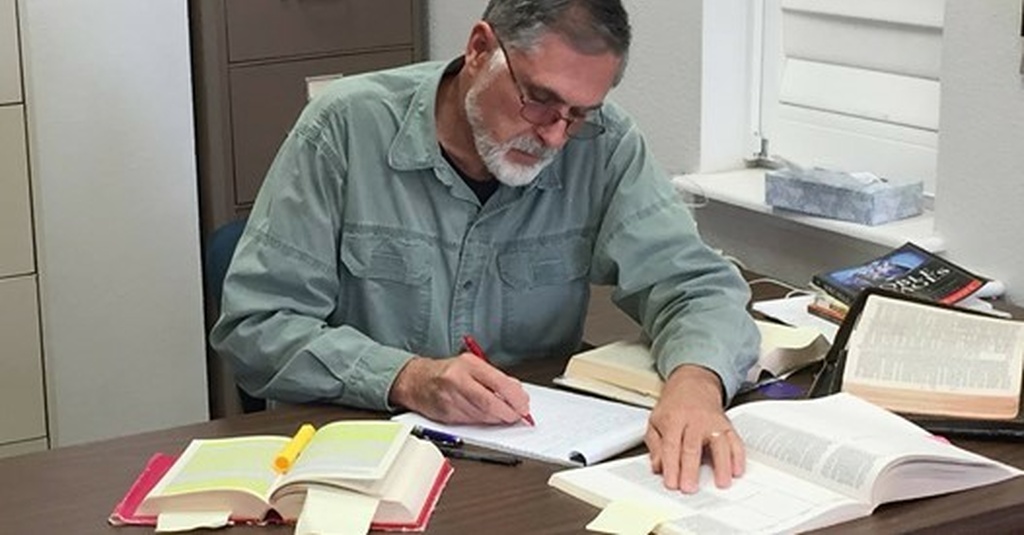
Man Proposes, God Disposes
I do not pretend to understand all the implications of the changes that are taking place. What is clear, though, is the fact that there is nothing static in the modern world. Change can happen very quickly. The claims and pleas of humanistic man can be irrelevant before he realizes it.

- Mark R. Rushdoony
Many of you recall the collapse of the Soviet Union. My generation was constantly told the future held a great clash between “world communism” and the West, yet the U.S.S.R. ceased to exist in 1991. Today, we are seeing the death-throes of its successor state Russia. Its vaunted military prowess has proved to be a myth and its aging population means it is also a dying state. One analyst believes China will soon face food shortages, that it will cease to be a world leader by the end of the decade, and that its population will fall to 65,000,000 by mid-century. Such scenarios in Russia and China make them both ripe for political upheavals, even revolution. Meanwhile, the economic globalization that followed Richard Nixon’s overtures to China and the collapse of the U.S.S.R. has come to a crashing halt. Trade barriers are back, which means the system of recent decades will no longer be workable.
Globalization hid many of our economic problems. We could buy cheap goods made in China and Europe’s homes and factories were fueled by Russian oil. That situation appears to be permanently changing.
I do not pretend to understand all the implications of the changes that are taking place. What is clear, though, is the fact that there is nothing static in the modern world. Change can happen very quickly. The claims and pleas of humanistic man can be irrelevant before he realizes it.
After a 19th century expedition searching for a Northwest sea passage above Canada disappeared, Edwin Landseer painted a picture of its presumed fate. He depicted a boat trapped in ice, with polar bears ravaging the contents. The title of the painting has had more influence than the art: “Man Proposes, God Disposes.” That’s a truism we should remember in these troublesome times. The immediate future will be problematic from our perspective, but not from God’s.
We at Chalcedon, along with our supporters, continue to proclaim the certainty that our lives and futures are in God’s providential care.

- Mark R. Rushdoony
Mark R. Rushdoony graduated from Los Angeles Baptist College (now The Master’s College) with a B.A. in history in 1975 and was ordained to the ministry in 1995.
He taught junior and senior high classes in history, Bible, civics and economics at a Christian school in Virginia for three years before joining the staff of Chalcedon in 1978. He was the Director of Chalcedon Christian School for 14 years while teaching full time. He also helped tutor all of his children through high school.
In 1998, he became the President of Chalcedon and Ross House Books, and, more recently another publishing arm, Storehouse Press. Chalcedon and its subsidiaries publish many titles plus CDs, mp3s, and an extensive online archive at www.chalcedon.edu. His biography of his father will be published later this year (2024).
He has written scores of articles for Chalcedon’s publications, both the Chalcedon Report and Faith for all of Life. He was a contributing author to The Great Christian Revolution (1991). He has spoken at numerous conferences and churches in the U.S. and abroad.
Mark Rushdoony has lived in Vallecito, California, since 1978. His wife, Darlene, and he have been married since 1976. His youngest son still resides with him. He has three married children and nine grandchildren.